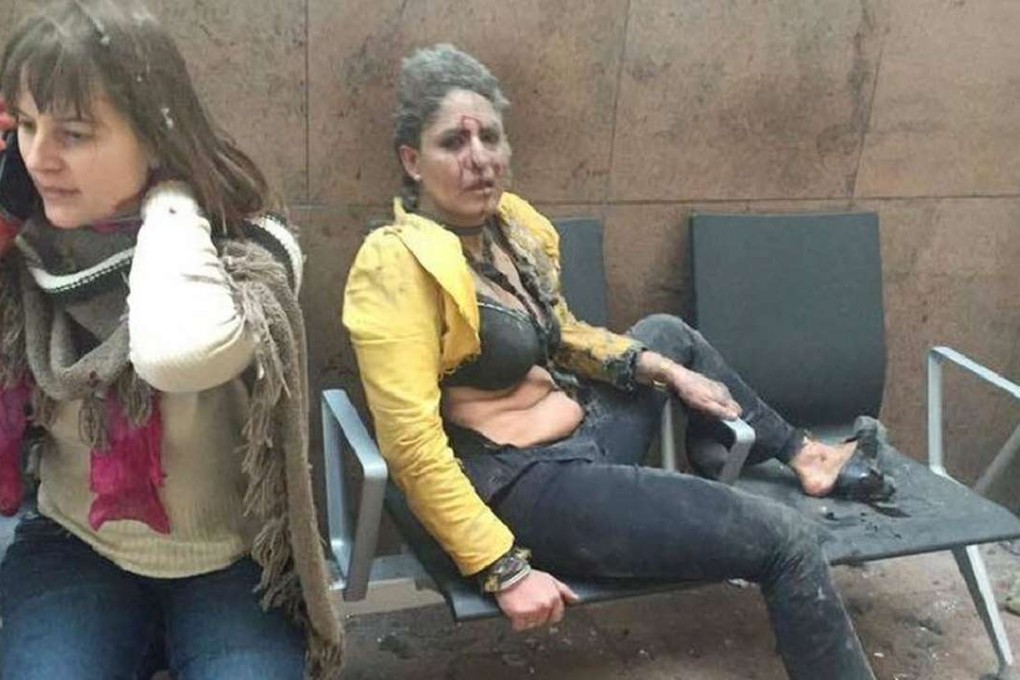Brussels terror attacks: ISIS jihadists strike heart of a fraying Europe
Attacks dramatised need for coordinated European response to terrorism

Europe’s leaders pledged a united front against Islamic State after the bomb attacks that killed at least 31 people in Brussels, but the jihadist group’s latest and powerfully symbolic strike may only widen the continent’s divisions.
The synchronised explosions during Tuesday morning’s rush hour targeted the core of the European Union at a time when a deluge of refugees from the Middle East is testing the bloc’s dedication to open borders and stirring up anti-foreigner demagoguery.


“We will act with all our force to defend ourselves,” Prime Minister Charles Michel told reporters, adding that the country will observe three days of mourning. “Our freedom was hit in the heart this morning in Brussels, as it was several months ago in Paris. It’s a common battle, a battle without borders.”